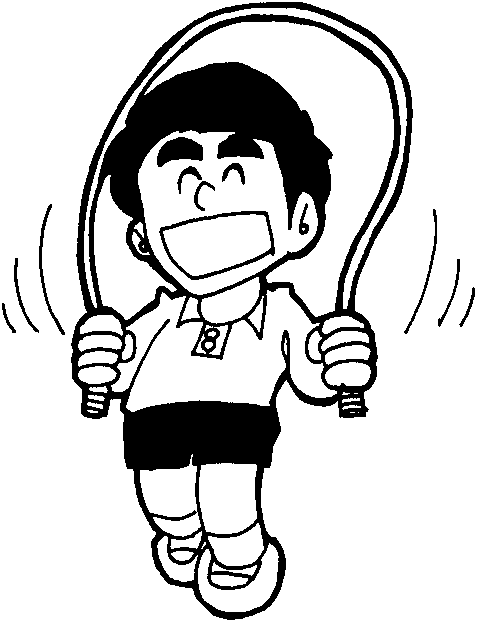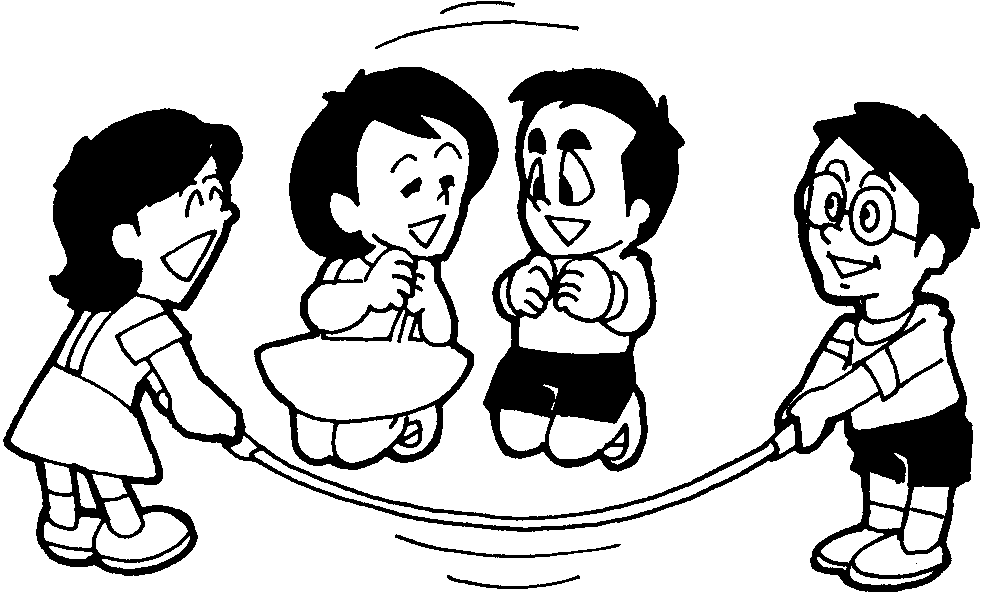Some of you may be familiar with Last.Fm, the music tracking portal that keeps a record of your musical tastes and recommends you new music. It also offers a downloadable program that plugs into your iTunes and allows you to see, in detail, the breakdown of your music listening habits. This data can be shared, so your friends can know what you have been listening to as of late. Tracking listening habits? Sharing data? I realize that this has all the making of a follow-up article to this post critiquing iTunes, but it is not. This one has to do with quantifying experience, and how that quantification is commonly seen as an end rather then a means.
I used Last.Fm regularly until this summer, generating just short of two years’ worth of data. The top thirty or so of my most reguarly-played artists are in the following chart. If I never told you before that I liked David Bowie, well, now you know.

(click to enlarge)
Everything I played on my iTunes and iPod was tracked, which I thought was going to be exciting, until I realized that tracking what I listened to became more important than actually listening to it. I had some music on both my G4 and my Quicksilver G4, yet I rarely ever used those machines as jukeboxes because they were not online. If the music I listened to wasn’t recorded (pardon the pun) somehow, I effectively perceived it as having never been listened to. What mattered was what was in the dataset. This is significant because we as a society tend to worship data.
Excessive quantification, meaning the quantification of things that cannot or should not be quantified, is a sign of over-reliance on technology. What Last.Fm did for me was not just keep track of what I listened to, but rather provided a way for me to, quantifiably, show that I loved certain artists more than others. That I like Joe Satriani’s music more than Steve Vai’s is obvious, not just because I have eight of Satch’s CDs to Vai’s three, but because Vai is trailing Satch by 288 “points.”
The thing is, I don’t need a computer to tell me that I listen to more Satch than Vai. I already know! I was the one listening! Moreover, the computer can be misleading by showing that I “like” Yngwie Malmsteen more than I do Jason Becker, which is undeniably false. Malmsteen only has more “points” because I’ve been listening to the four CDs (pared down from like eight or nine) I have of his since right out of high school. I bought Becker’s Perpetual Burn a year-and-a-half ago, and it’s brilliant. (The same can be said of my enjoyment of Jean-Michel Jarre, whose 125 plays all came from the only album of his I have; Oxygène.)
But I am straying from my main point, which is that data is something to be used. I recently started budgeting. I have a spreadsheet with a bunch of numbers on it that tells me how much money I have spent and how much I have saved and how much I will likely use next month. To keep a budget simply because you enjoy entering and manipulating numbers would be a strange hobby indeed. I collect data for something else, not just for the sake of collecting it.
One of my hobbies, cycling, is rife with the quantification of performance. Maximum output, generated wattage, drag coefficient, gear ratio, cadence, distance travelled: these are all data points that help a cyclist measure how well his or her body is performing. So many recreational cyclists get all caught up in measuring this stuff, but for what? For whom is this data important? For professionals, who need to get the most out of their body and bike. As a recreational cyclist, I ask myself, Is this important? Does distance matter if I enjoy my ride? If I am miserable, yet in my moments of extreme discomfort happen to generate the most power, will that be good for my psyche? What really matters? What matters is that I get exercise and have fun at the same time - otherwise I risk ending up like this guy.
The omnipotency of data is so prevalent is our society that we seldom question it. After all, data and information make things efficient, and who doesn’t want to be efficient? That depends on who you ask. Ask Socrates, and you’ll hear that efficiency is a problem for the common man, for the peasants and slaves. Trimming things down so that they require less thought is not a pursuit for the philosopher. Ask a man riding the Giro d’Italia, and he’ll tell you that it is everything.
Pro cyclists aside, we must ask, Does efficiency make us more human? Does reducing performance to numbers, eliminating uncertainty, and quantifying experience lead to more caring, sensitive human beings? Does the ability to direct your friends inquiry to a Last.fm list make for more conversation, or less.
And what’s result in comparing music lists? Do we not start to judge who is the “better” music fan, or who is the most avid listener of a preferred band? Are we more content afterwards, or less? Quantification leads to comparison, and comparison breeds resentment. After all, machines are made equal. Humans are not.
I want to listen to music to hear Klaus Schulze’s (at #2) brilliance, and I want to cycle because the wind feels good as it rushes by. I want to bask in custom synth textures and make wild guesses at my speed as I go downhill. What I don’t need, or want, is a sheet to keep track of playcounts or a fancy-schmancy cyclocomputer. Humanity, I feel, is better off without them.













